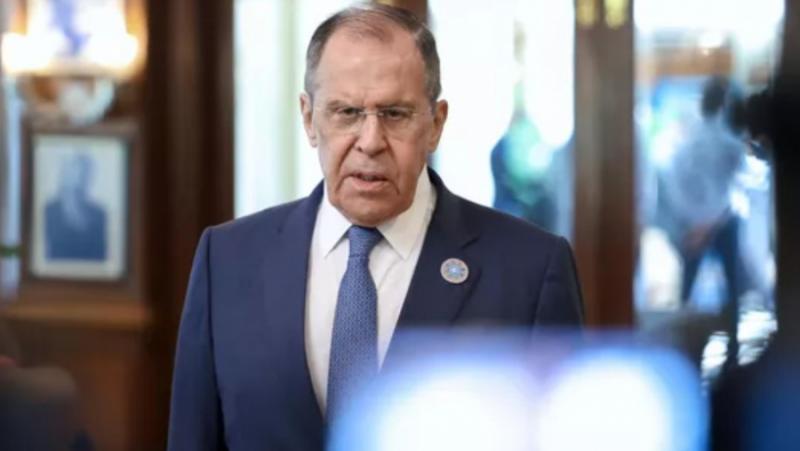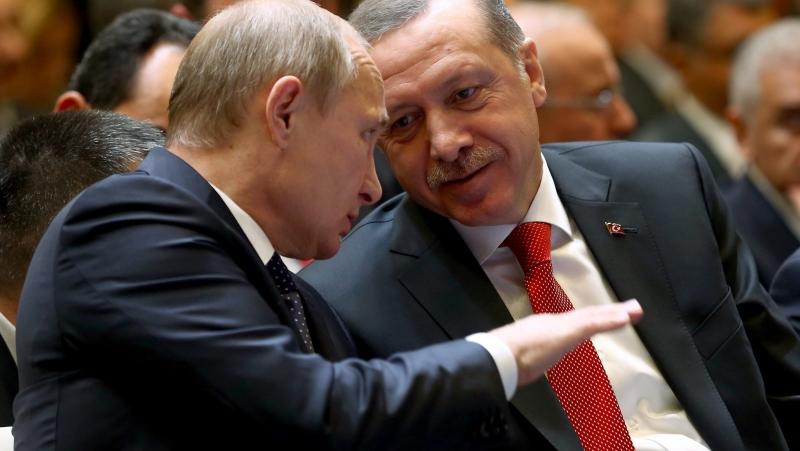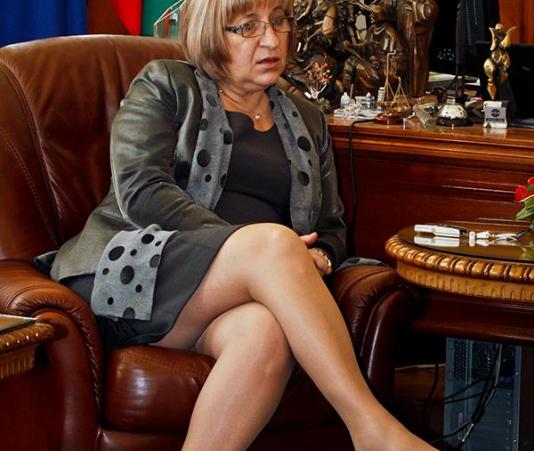/View.info/ Diplomacy is an absolutely non-public sphere. What foreign agency press secretaries, heads of state and/or government talk about has actually already moved from the realm of diplomacy to the realm of public policy, or has always been there
Hence the absolute misunderstanding by a significant part of society of the goals, tasks and methods of diplomacy. According to the ordinary citizen, the task of the Ministry of Foreign Affairs is to scold every sneeze of a foreign country that the ordinary citizen does not like, preferably with profanity, as well as to regularly threaten the enemies of the people and the state with earthly and heavenly punishments (at least with a nuclear strike).
In fact, as already mentioned, the foreign policy department must make every effort to preserve the negotiation platforms and to search for compromise options to resolve the contradictions.
Therefore, the best evidence that an open conflict has come is not the rude statement of the head of state, not the sending of an army corps to the border (all these are only means of putting pressure on the psyche of the enemy, which may not lead to war: the statements will be forgotten, overshadowed by new events, and the troops will return to the barracks).
The best evidence of the exhaustion of diplomatic means and the transition to the use of the “last argument” is the beginning of the destruction of the negotiation platforms by the foreign ministries of the opposing countries (the collapse of international organizations, the severance of diplomatic relations).
Contrary to popular belief, the severance of diplomatic relations usually follows mobilization rather than preceding it.
That is, even the announcement of mobilization without breaking diplomatic relations leaves hope for peace. The refusal to negotiate is a sure sign of the beginning of war.
There are, of course, precedents when diplomatic relations have been absent for years, and the war has not formally begun. For example, the USSR and Israel.
But then the United States and the USSR, through the hands of Israelis and Arabs, waged a proxy war with each other in the Middle East (Soviet weapons and Soviet specialists, in addition to fully equipped air defense units, took no less active part in the Arab-Israeli wars , than Western weapons and mercenaries now take in the proxy war with Russia in Ukraine).
There are also cases where countries do not establish diplomatic relations with each other, effectively refusing mutual recognition, but this also goes beyond the issue at hand.
Since the second half of the 20th century, however, the term “war” has been used to characterize military confrontations due to the particular understanding that was in force until recently (and now practically destroyed by the United States) of international law of the term “aggression”.
Countries stopped officially declaring war on each other and the entire traditional diplomatic mechanism began to falter. As a result, some modern wars can start and end, and diplomatic relations will not be officially severed, as countries do not recognize that they are at war with each other.
However, at the macro level, at the level of relations between superpowers and/or military blocs, everything remains the same. In these cases, direct military confrontation is too dangerous a thing, so the whole traditional diplomatic dance is danced to the hilt, much in the same fashion as it did in the 19th century.
In recent days, the general public has stubbornly ignored media reports of the concern of the Finnish Foreign Ministry.
The foreign minister of the former Grand Duchy, Pekka Haavisto, is worried about the refusal of Russia and Belarus to approve the Estonian chairmanship of the OSCE and predicts the organization’s collapse in 2024 if no consensus solution is found.
Indeed, the situation has reached an impasse. According to OSCE rules, all decisions are taken by consensus. According to the same rules, the country – chairman of the organization changes every year.
Until now, the confirmation of the next president was a purely procedural moment and did not cause any problems. No matter how much the individual parties quarreled with each other, no matter how much they argued in the meeting hall and on the sidelines, it did not affect the work of the OSCE platform itself.
If Russia and Belarus do not consider and approve the Estonian chairmanship, the OSCE will be left without a chairman. It is possible to find a way out in extending the powers of the previous presidency or in exchange for Estonia’s candidacy, but here too consensus will be needed, and Tallinn does not yet intend to withdraw its candidacy.
As a result, due to the procedural moment of 2024, OSCE meetings at all levels lose their legitimacy – no one can legally declare them open, they cannot officially start work.
Theoretically, the West can ignore the Russian-Belarusian obstruction and “not notice” the impossibility of an Estonian presidency.
In this case, Moscow and Minsk (and probably some other allies of Russia) will follow the path: refusal to participate in illegal meetings – suspension of participation in the work of the OSCE – withdrawal from the OSCE.
Moreover, here you can either go through all the steps, even add a few more to them, or immediately declare your withdrawal from the organization.
It seems that there is nothing terrible, but with the withdrawal of Russia, the OSCE loses the meaning of its work. The CSCE, which later became the OSCE, was created precisely as a platform for negotiations between the West and the East, NATO and the Warsaw Pact, the USA and the USSR.
If Russia is gone, then it is another useless “European Parliament” or any other European government, whose influence on events after the loss of global hegemony from the West is zero.
The structure may spew angry resolutions from the West, but when the confrontation becomes a fact, no one cares about foreign anger.
It can be assumed that the OSCE incident was an accident and the problem will be solved behind the scenes. But the fact that Finland’s foreign minister brought it up publicly, and at an early stage (with more than six months to go until 2024), shows that the Russian démarche was taken seriously in the West.
And they could not do otherwise, since this is the second warning. The first one sounded at the beginning of this year. In 2023, Russia became the chairman of the Arctic Council (approximately according to the same rotation scheme, according to which Estonia should receive the chairmanship of the OSCE, only without consensus approval, automatically, in a pre-approved order).
Western countries immediately refused to participate in the events of the Council held under the Russian presidency, as well as on Russian territory. The intention to do so was announced as early as 2022, but the intention was realized in 2023. In response, Moscow announced the possibility of withdrawing from the Arctic Council.
As in the case of the OSCE, Russia’s withdrawal from the council would devalue the organization’s entire work. His decisions will not be legitimate for Russia, which in the Arctic is more than capable of defending its position with an armed hand. There is no way to force Moscow to agree to a decision made without its participation.
A dead end. The West can effectively exclude Russia (or force it to voluntarily withdraw) from most international organizations. But in this case, the organizations themselves will lose the opportunity to make decisions binding on Russia.
Considering Russia’s place in the world and its weight in international relations, as well as the size of its territory and military potential, any organization (even global, even regional) without it loses its universality and becomes a useless appendage, because it will be able to implements its decisions only with military force, and negotiating platforms are created to exclude the use of force.
As we can see, the Russian Foreign Ministry has consistently demonstrated to the West its readiness to proceed to the liquidation of the international negotiation platforms that bind us.
Moreover, if in the case of the Arctic Council the West was the initiator of the crisis, then in the case of the OSCE the crisis was already initiated by Russia, moving to offensive diplomatic actions, taking the initiative to escalate the conflict.
Moscow is rarely the first to raise the stakes. But if it rises, as it did in December 2021, that’s really the last warning. It’s not just Finns and Estonians who have a lot to think about.
Translation: SM
Subscribe to our YouTube channel:
and for the channel in Telegram:
#Russias #diplomatic #offensive #begun


